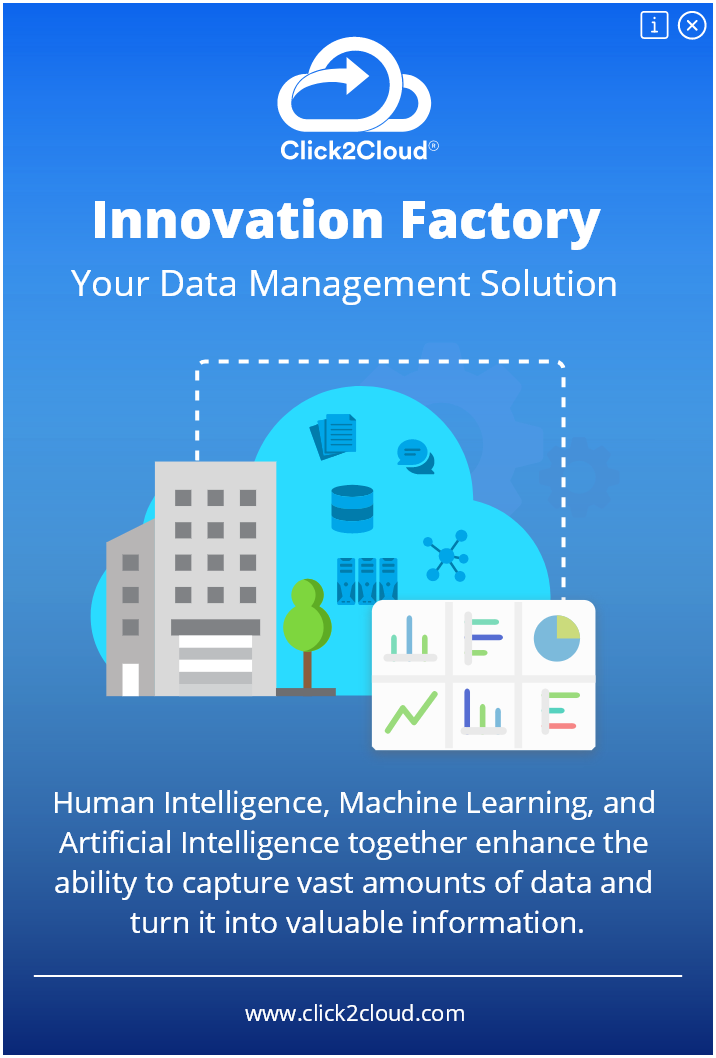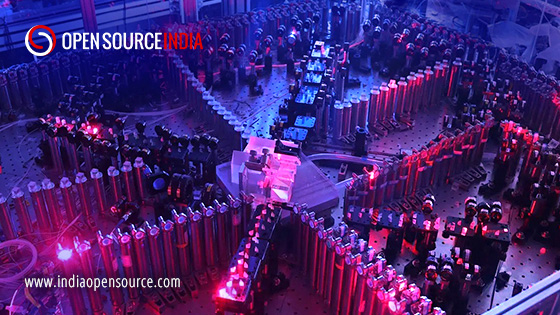Introduction
Organizations deal with massive amounts of data collected from various resources. The data collected by the organizations is stored and analyzed for making better business strategies and to achieve revenue goals. The data gathered through various resources can be structured, unstructured, or semi-structured. A data lake is a storage framework to handle massive amounts of data to drive new insights, better predictions, and improved optimization for structured, unstructured, and semi-structured data.
Table of Content:
- What is a Data lake?
- Benefits of the Data lake
- Challenges in Data lake deployment
- Use Cases of the Data lake
- Popular Data Lake Vendors
What is a Data lake?
The data lake provides you the flexibility to store your structured, unstructured, and semi-structured data in its native format. There is no need to change unstructured data into structured data in Data lakes. Through data lakes, organizations can run data analytics for various goals, get insights into data, and visualization of big-data processing to take better decisions through unstructured data. The data can be of every type including images, text, videos, graphics, etc.
A data lake works as a centralized repository where any kind of data from on-premise, cloud, or edge can be stored and analyzed with an ELT (extract, load, and transform) approach regardless of its type and size limits.
Benefits of the Data lake
Scalability
Data lakes are highly scalable. As the key characteristic of a data lake concept is to store an enormous amount of data that is ever-growing, the providers make data lake architecture highly scalable.
Converge All Data Sources
A data lake can store any type of data from any source. It has the ability to store logs, XML, multimedia, sensor data, binary, social data, chat, and people-generated data.
Advanced analytics
The analytics provided by data lakes are advanced and more accurate as it works on large amounts of data available in different formats.
Flexibility with SQL
SQL queries can be run parallel, integrating advanced algorithm libraries like MLlib and MADLib, as well as applications like SAS, using tools like HAWQ, Impala, Hive, and Cascading.
Challenges in Data Lake Deployment
Data Swamp
Organizations often start centralizing their data for big data analytics without a futuristic approach. Dumping down this data without considering metadata and maintenance can make it an unusable data swamp that is difficult to analyze and get insights from.
Rising Cost of Scalability
As the amount of data continuously increases, so is the need for scalability. Scalability comes with the rising cost that organizations often forget to consider.
Lack of Skills
Organizations that want to deploy on-premise data lakes need to have the skill set to deploy, maintain and analyze the data. Many organizations lack the skill-set to work on ever-growing data which leads to poor analysis.
Not having a well-calculated plan
Data lakes can prove costly if the ROI is not calculated right. 30% of businesses struggle in generating ROI with improper data management and governance strategies. But if implemented right with the correct tools, businesses are 67% more likely to achieve revenue targets.
Data Lake Use Cases
Industries are leveraging the benefits of data lakes to increase their annual revenue generation. Recently, a study showed, that organizations have increased their revenue by 9% by choosing data lake architecture to store the data. Data lake architecture not only provides the flexibility to store data from any format and device, but it also gives advanced analytics to understand the data and use it to generate better revenue strategies.
Some data lake use cases are-
Oil and Gases
The oil and Gasses industries use technology to perform better. These industries have a massive amount of data and generate 1.5 Terabytes of data daily.
The data kept in data lakes is essential for the exploration and can be utilized to optimize directional drilling, reduce unplanned downtime, reduce operating costs, boost safety, and maintain regulatory compliance. The industry can leverage the benefits of data lakes to unlock $1.6 trillion of value by 2025, according to World Economic Forum.
Life Science
Data lakes are necessary for life sciences to do data exploration and discovery in order to better understand the human genome, forecast and identify any defects, and use these insights to increase the average life expectancy of the global population. The data can include our weight, blood pressure, heart rate, temperature, enzymes, white blood cell counts, etc. are measurements that change over time.
Smart City
The project of converting cities into smart cities needs massive data to be stored and worked on. There is a massive amount being spent to deploy technologies that drive the projects of smart cities.
These technologies will operate traffic signals, guide law enforcement, improve educational programs, and optimize tolls and rivers, among other things. This will result in enormous amounts of data being generated for each car or pedestrian every minute. And data lakes are the only way to handle such a massive amount.
Marketing
For performing marketing campaigns, creating strategies, and executing plans, marketers need to study and analyze a lot of data generated through different resources. The data analyzed is generated by the audience, and is essential for behavioral analysis. This data can be in form of text, images, videos, etc.
All the data generated by the audience is unstructured and hence, marketing companies can leverage the benefits of data lakes to store this bulk of data and perform advanced analysis techniques to create better marketing campaigns and achieve their marketing goals for the organizations.
Popular Data Lake Vendors:
Some popular data lake vendors are-
Conclusion
Dealing with the enormous amount of data being generated is essential for organizations. To handle this data, different approaches have been taken like a data warehouse, data lake, database, etc. All the approaches have their significance.
Data Lake is effective to store massive amounts of unstructured data from various resources and of different formats. Organizations can leverage the benefits of data lake architecture to advanced analysis of data that is reliable and scalable.












